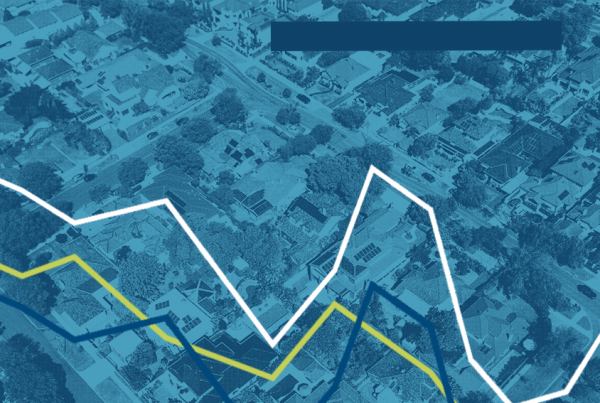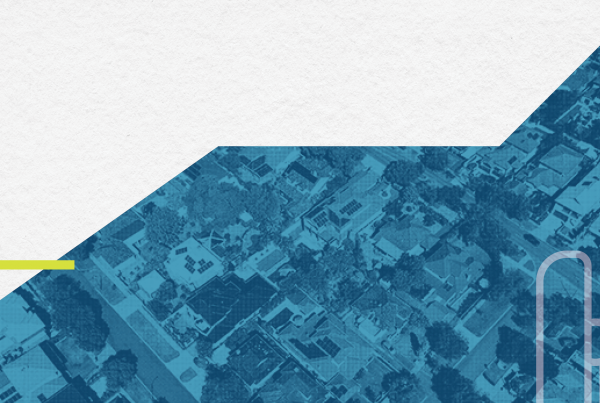
Interest rates can determine the affordability of a home loan. Lower rates may result in lower monthly payments, which could mean qualifying for a home at a higher price point. If you are in the market for a mortgage, here are seven factors that will affect the interest rate you qualify for.
- Credit score. Your credit score helps lenders assess how likely you are to make your payments on time. Typically, people with higher credit scores are rewarded with more favorable terms, including interest rate, than those with lower credit scores. Timely payments on all current debts can impact your score in a positive way.
- Occupancy. There are three types of occupancy for residential real estate: primary residences, second homes and investment properties. Use of the property may influence interest rate, with primary residences generally seen as lower risk.
- Loan type. There are different types of mortgage loans available, including conforming, jumbo, VA, FHA, USDA, one-time-close construction, renovation, and down payment assistance loans. Eligibility requirements and interest rates vary based on the type of loan you choose. Understanding your options may assist you in selecting the best rate and program for your needs.
- Loan term. When you get a mortgage, you select a repayment term. Common options include 10-, 15-, 20- and 30-year fixed terms. Typically, the shorter the term, the lower your interest rate will be. Adjustable Rate Mortgages and Interest Only loans are also available.
- Loan to value ratio (LTV). LTV is the ratio of the loan amount compared to the value of the property. Typically, higher LTVs result in higher rates. You can reduce the LTV on your loan by saving up for a larger down payment. If refinancing, the lower amount you owe in relation to the value of the property can have a positive impact on rates.
- Loan purpose. Buying a home or refinancing may also impact your interest rate. Mortgages used to buy a primary residence typically have lower interest rates than when refinancing and/or taking cash-out of the property.
- Loan amount. Depending on the type of mortgage you get, the loan amount may also affect your interest rate. With limits set by FHFA* on an annual basis, the amount you are borrowing can also play into the interest rate that is available.
No matter what your financing needs are, Homeowners Financial Group can help. Give us a call today and one of our Licensed Mortgage Professionals will help you get started.






